Modern technology is revolutionizing all different kinds of dental care. While dentists have traditionally used metal tools to poke, prod, and scrape your teeth clean; laser dentistry is providing an alternative that is more efficient and comfortable.
Laser dentistry can be a great alternative for patients with dental anxiety. And it provides an overall dental experience for anyone, eliminating the risk of an accidental slip with a tool that irritates or injures surrounding gum tissue. Everything from minor treatments to teeth whitening and gum surgery can be performed using laser dentistry.

Benefits of Laser Dentistry
Side-by-side, laser dentistry is a superior treatment option to many traditional methods. It is precise, meaning that there is less trauma to surrounding areas and less healthy tissue removed. Lasers are also sterile, which reduces the risk of secondary infections. And in many cases, anesthesia may not even be necessary. Lasers offer a less-invasive treatment option that means less pain, less bleeding, and faster healing. We use them for things like:
- Detecting and Removing Cavities
- Preparing Teeth for Filings or Crowns
- Sealing Roots
- Teeth Whitening
- Crown Lengthening
- Repairing Soft Tissue Defects
- Removing Benign Tumors
- Treating Sleep Apnea
- And More!
Laser Dentistry Terminology to Know
Laser Dentistry is a modern trend in oral health. You may be unfamiliar with the ins and outs, but that doesn’t mean that you need to be completely in the dark when you talk to your hygienist or dentist about laser dentistry as a treatment option. Here are some buzzwords to know.
Allograft: Graft tissue from a same-species donor that is not a genetic relative.
Alveolar Ridge: Bony ridge of the jaw located on the roof of the mouth (upper) or bottom of the mouth (lower).
Autograft: Graft tissue taken from one area of the body and grafted to another.
Bleachorexia: The condition of excessive tooth whitening abuse that results in damage to the enamel and gums.
Cap Splint: A plastic or metal device used to treat mandible or maxillary fractures and cover crowns of teeth.
Cosmetic Dentistry: Dental work performed for the purpose of improving aesthetic appearance.
Crown Lengthening: A surgical procedure that increases the length of a tooth structure for restorative purposes.
Dental Crown: An artificial tooth, usually made from porcelain, that covers an implant to crate a functional and aesthetically-pleasing tooth.
Dentin Hypersensitivity: A condition caused by worn enamel that creates sensitivity or pain from pressure or temperature.
Dentist: A doctor who specializes in the diagnosis, prevention, and treatment of oral cavity conditions.
Final Thoughts on Laser Dentistry
Laser dentistry provides a better experience for all kinds of patients. Those who are uncomfortable with traditional dental procedures, specifically when it comes to heat, pressure, or vibration, can eliminate those problems with a more efficient treatment option. Laser dentistry is ideal for precision treatments. It’s a great option for surgical interventions and remedying tooth decay. The main benefit of laser dentistry is that it reduces or eliminates irritation from the trauma of traditional dental work. Contact us today to learn more.

